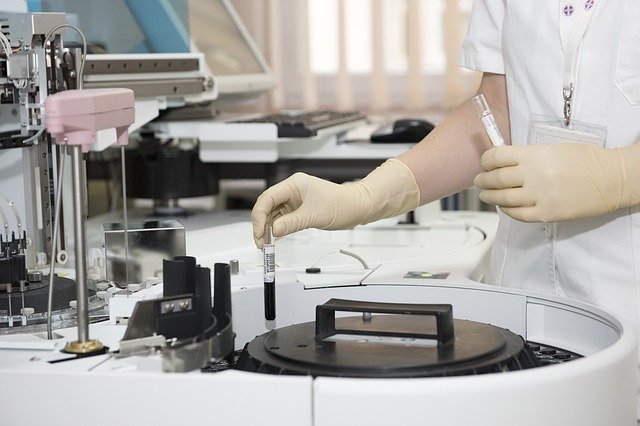
Could microbes in our guts be sending out the wrong message?
In a recent study, Queen’s University Belfast researchers found a specific microbe in the gut that pumps out protein molecules that mimic a human protein.
This causes the human defense system to turn on its own cells by mistake.
The culprit in this case is called Bacteroides fragilis, a bacterium that normally lives in the human gut.
The Queen’s team has shown that this bacterium produces a human-like protein that could trigger autoimmune diseases, such as rheumatoid arthritis.
This human protein is called ‘ubiquitin’ and is needed for all the normal cell processes in our bodies
“Mimic proteins” fool our immune defense system into reacting with our own bodies, resulting in autoimmune disease, a condition in which your immune system mistakenly attacks the body.
More than 80 different types of autoimmune diseases are known to exist including; rheumatoid arthritis; multiple sclerosis; and lupus.
Many hundreds of thousands of people world-wide currently suffer from these debilitating and painful conditions, that currently have no cure.
In an autoimmune disease, our immune system mistakenly attacks the body.
Antibodies that are part of the immune system usually target bacteria or viruses, but get misdirected in people with autoimmune diseases.
They become ‘autoantibodies’ that can attack healthy parts of the body, including different parts of the body in lupus or just the joints in the case of rheumatoid arthritis.
The team explained that when they mapped the genome of Bacteroides fragilis a few years ago we were astonished to discover a human-like gene not present in any other bacteria.
The protein produced from this gene is nearly the same shape as a protein in almost every human cell.
The researchers have found that some people with autoimmune disease have high levels of antibodies to the bacterial mimic of ubiquitin.
It is also possible to have antibodies to both the human and the bacterial mimic. They now need to work out if the mimic of ubiquitin sets up the mistaken immune response.
The team may then be able diagnose some autoimmune diseases early and eventually be able to prevent some of the them from happening.
This research could have far-reaching effects for other diseases, not just autoimmune disease. Ubiquitin is essential for our bodies to function normally.
The researchers have shown that a bacterium from the gut produces a very close molecular mimic of ubiquitin that gets into our system.
It may not only cause the immune system to malfunction, but could be an underlying cause of other human conditions that we don’t yet fully understand.
The next step for the research team is to find out the relationship between the stage of disease and antibody levels to the bacterial mimic in individual patients. This should help the development of a rapid test.
The study is published in the British Society for Immunology journal Clinical and Experimental Immunology.
Copyright © 2018 Knowridge Science Report. All rights reserved.
Source: Clinical and Experimental Immunology.



